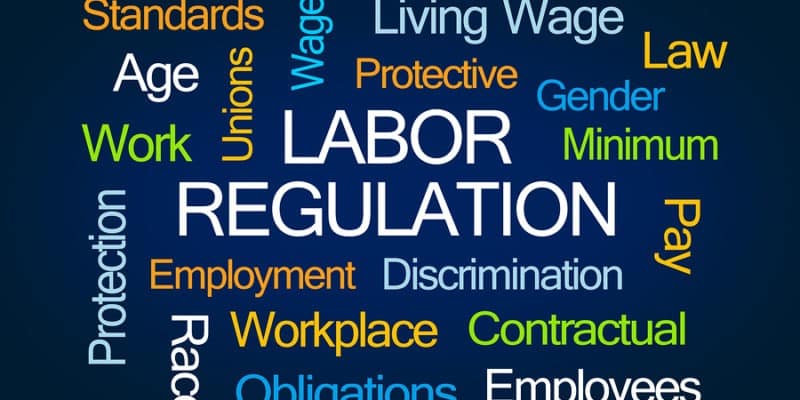AUTHOR – Kim Slowey
PUBLISHED – April 2, 2019
Dive Brief:
- California legislators are considering a new test for contractors to use when deciding if construction workers qualify as independent contractors, according to the San Francisco Chronicle, making the misclassification of workers more difficult.
- The proposed state law would require employers to use the “ABC” method of determining whether a worker is a legitimate independent contractor or an employee. Under ABC, which was upheld by the California Supreme Court in April 2018, a worker can be classified as an independent contractor if he or she is free from the control and direction of the employer as it relates to the performance of the work; performs work that is normally outside the scope of work of the hiring contractor; and is usually engaged in the same type of work as part of the business. Through the legislation, legislators are seeking to codify the court’s decision.
- A University of California Berkeley Labor Center study found that construction workers were one of three occupations in California routinely misclassified and not paid employee benefits due to them. Independent contractors, according to UC Berkeley, make up about 26% of the state’s construction workforce.
Dive Insight:
Three other states – New Jersey, Massachusetts and Connecticut – also use the ABC test in their wage and hour laws, according to a report from the National Employment Law Project, and about half of all states apply it in some form in their unemployment laws. Ten states use it in relation to their labor laws for high-risk sectors like construction.
There are other tests contractors can use to determine whether a worker is an independent contractor, including one from the Internal Revenue Service that considers how the worker is paid, if the relationship with the hiring business is permanent, and whether the individual will achieve a profit or loss as part of his or her operations, among other factors.
There are still some contractors, however, that leapfrog over the responsibility to classify workers correctly. They often count on not having to pay for things like workers’ compensation coverage, health insurance, federal and payroll taxes, figuring those savings into their bids.



